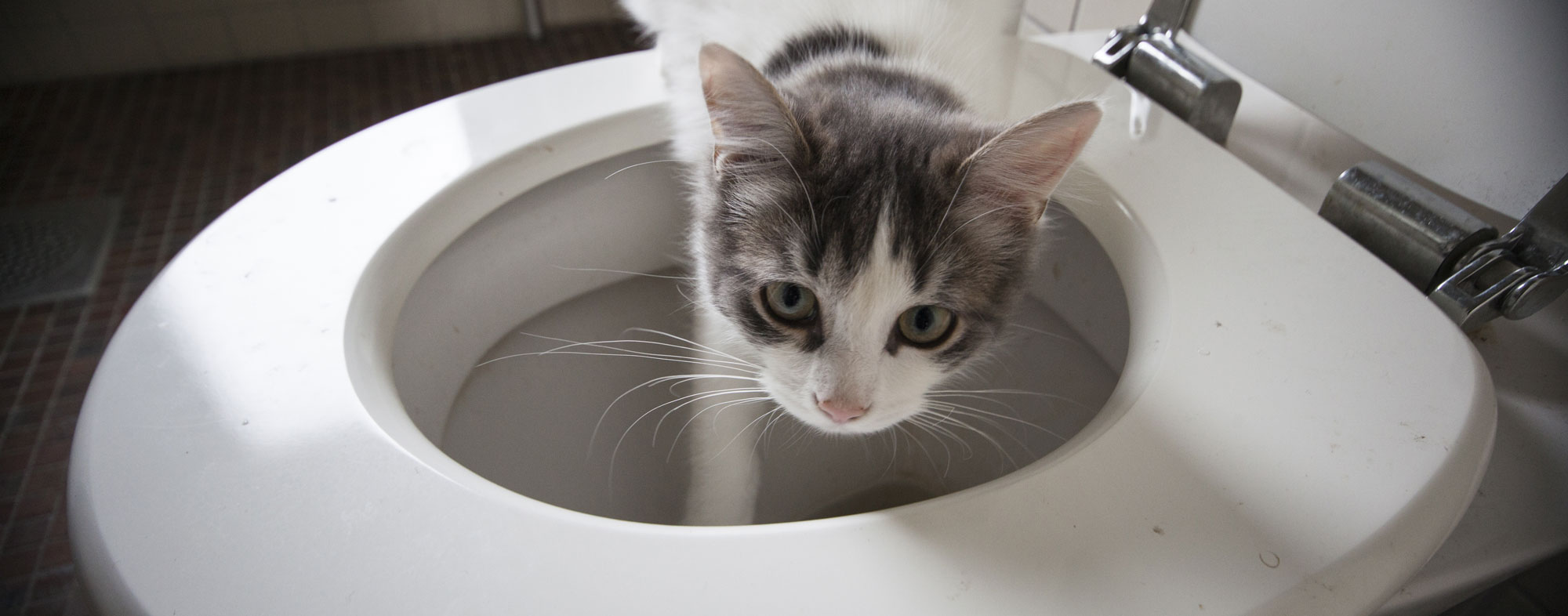Avoid Flush Cat Poop Down Your Toilet - Protect Your Pipes Infrastructure
Avoid Flush Cat Poop Down Your Toilet - Protect Your Pipes Infrastructure
Blog Article
The content down below in relation to How to Dispose of Cat Poop and Litter Without Plastic Bags is exceptionally stimulating. Read it for your own benefit and decide what you think of it.
Introduction
As cat owners, it's important to bear in mind just how we take care of our feline pals' waste. While it might appear hassle-free to purge cat poop down the bathroom, this technique can have damaging effects for both the setting and human health and wellness.
Ecological Impact
Purging feline poop introduces dangerous virus and parasites right into the supply of water, posturing a substantial danger to water communities. These contaminants can adversely influence aquatic life and concession water top quality.
Wellness Risks
In addition to ecological worries, purging cat waste can additionally present health dangers to human beings. Cat feces might include Toxoplasma gondii, a bloodsucker that can trigger toxoplasmosis-- a possibly extreme ailment, specifically for expecting females and individuals with damaged immune systems.
Alternatives to Flushing
The good news is, there are safer and a lot more accountable ways to throw away cat poop. Think about the adhering to options:
1. Scoop and Dispose in Trash
One of the most usual method of throwing away feline poop is to scoop it right into a naturally degradable bag and toss it in the trash. Make sure to utilize a devoted litter scoop and get rid of the waste without delay.
2. Usage Biodegradable Litter
Opt for biodegradable feline clutter made from materials such as corn or wheat. These clutters are environmentally friendly and can be safely thrown away in the garbage.
3. Hide in the Yard
If you have a yard, think about burying cat waste in a designated location far from vegetable gardens and water sources. Be sure to dig deep adequate to avoid contamination of groundwater.
4. Install a Pet Waste Disposal System
Buy a pet waste disposal system especially made for cat waste. These systems utilize enzymes to break down the waste, decreasing smell and environmental effect.
Final thought
Accountable family pet ownership extends past providing food and shelter-- it additionally involves proper waste administration. By avoiding flushing feline poop down the toilet and choosing alternative disposal approaches, we can reduce our ecological footprint and secure human health.
Why You Should Never Flush Cat Poop Down the Toilet
A rose by any other name might smell as sweet, but not all poop is created equal. Toilets, and our sewage systems, are designed for human excrement, not animal waste. It might seem like it couldn’t hurt to toss cat feces into the loo, but it’s not a good idea to flush cat poop in the toilet.
First and foremost, assuming your cat uses a litter box, any waste is going to have litter on it. And even the smallest amount of litter can wreak havoc on plumbing.
Over time, small amounts build up, filling up your septic system. Most litter sold today is clumping; it is made from a type of clay that hardens when it gets wet. Ever tried to scrape old clumps from the bottom of a litter box? You know just how cement-hard it can get!
Now imagine just a small clump of that stuck in your pipes. A simple de-clogger like Drano isn’t going to cut it. And that means it’s going to cost you big time to fix it.
Parasitic Contamination
Believe it or not, your healthy kitty may be harboring a nasty parasite. Only cats excrete Toxoplasma in their feces. Yet it rarely causes serious health issues in the cats that are infected. Most people will be fine too if infected. Only pregnant women and people with compromised immune systems are at risk. (If you’ve ever heard how women who are expecting are excused from litter cleaning duty, Toxoplasma is why.)
But other animals may have a problem if infected with the parasite. And human water treatment systems aren’t designed to handle it. As a result, the systems don’t remove the parasite before discharging wastewater into local waterways. Fish, shellfish, and other marine life — otters in particular — are susceptible to toxoplasma. If exposed, most will end up with brain damage and many will die.
Depending on the species of fish, they may end up on someone’s fish hook and, ultimately on someone’s dinner plate. If that someone has a chronic illness, they’re at risk.
Skip the Toilet Training
We know there are folks out there who like to toilet train their cats. And we give them props, it takes a lot of work. But thanks to the toxoplasma, it’s not a good idea.

As an enthusiastic reader about Don’t flush cat feces down the toilet, I was thinking sharing that excerpt was a great idea. Sharing is nice. Helping others is fun. Bless you for your time. Kindly check our site back soon.
Booking Page Report this page